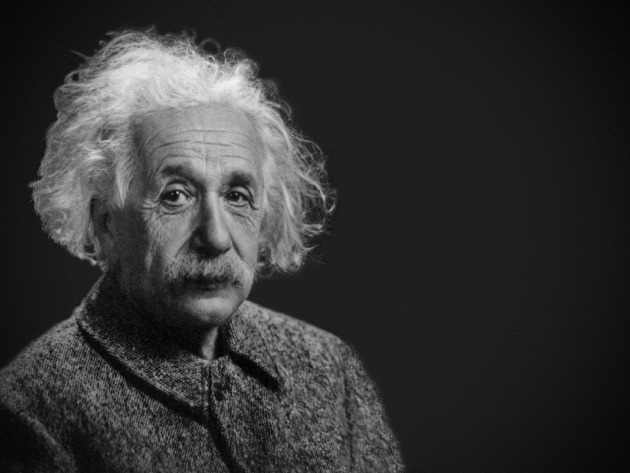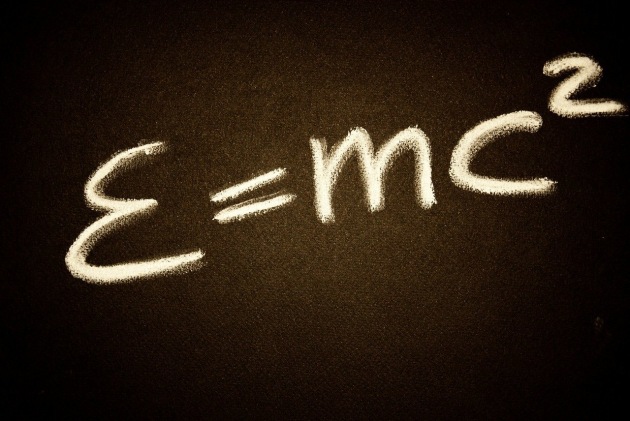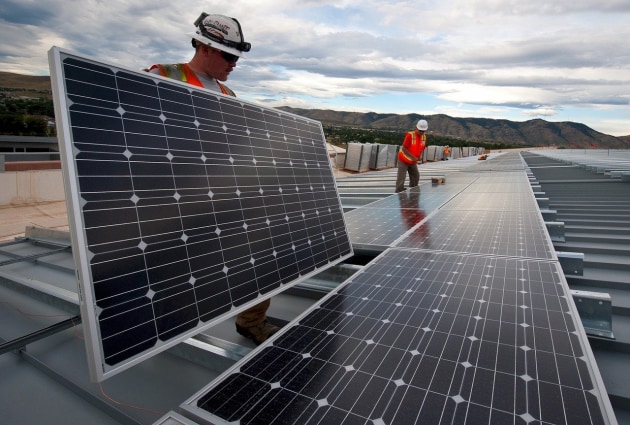

What was Albert Einstein famous for? He was a famous scientist probably most known for his theory of relativity. Read this page to find out about what he discovered and some fantastic Albert Einstein facts for kids.

Albert Einstein is considered one of the best scientists to have ever lived. He discovered lots of important things in the world of science and some people think he was one of the smartest people of the 20th century.

You can find more information and facts about Albert Einstein for KS2 children in our KS2 Albert Einstein Information PowerPoint.
Albert Einstein was born in Ulm, Württemberg, Germany on 14th March 1879. He was born into a Jewish family and had a little sister called Maja.
Surprisingly, Einstein didn't really like school that much. But of course he loved maths and science. Einstein did struggle with language though, and didn't really talk until he was four years old. And he failed exams in French, chemistry and biology. One teacher told him that he “would not amount to anything.” A Stanford economist Dr. Thomas Sowell actually used the term 'Einstein Syndrome' to describe it and other people like Einstein, when really smart people's speech is delayed.
His dad owned his own electronics company where Einstein learned lots about science and electronics. His father also bought him his first compass when he was five years old. The curious child that he was, Einstein was fascinated by it and wanted to discover why the needle always pointed north. Some people say that it was his fascination with this compass that ignited his passion for science.
Einstein also said an important moment in his early life was when he read a book about geometry. He called this book his 'sacred little geometry book'.
Then when he was 15 years old, him and his family moved to Milan in Italy. He then went to the Polytechnic Academy in the Swiss city of Zurich. In 1900, he graduated with a degree in physics and maths.
Einstein wasn't always a scientist. After graduating from the Polytechnic Academy in the Swiss city of Zurich, he actually decided to go into teaching. But after looking, he couldn't find any jobs.
It was after this that he got a job at the Patent Office in Berlin. This allowed him to look at other people's inventions. While working here, he also worked on his own theories and discoveries that would one day become world-famous.
And what was Albert Einstein famous for? Well mostly, his theory of relativity. Basically, it's the idea that the faster an object moved, the slower time appears to pass on that object. So imagine you travelledaround the Earth at the speed of light for 24 hours. According to Einstein's theory, when they return, they would find that everyone else on Earth would have aged 25 years.
He's also famous for his well-known equation of E=mc². In the equation, 'c' is the speed of light which is constant and seen as the fastest speed possible, 'E' is energy and 'm' is mass. The equation explains how time and distance may change due to the 'relative' or different speed of the object and the observer.

Einstein moved to America in 1933 because of the increasingly difficult lives of Jewish people living in Germany at the time. This was because of Hitler and the Nazi party who were against Jewish people. When in America, he took a position at the Institute of Advanced Study in Princeton and took US citizenship.
Einstein died at the age of 76 from heart failure on 18 April 1955. He did want to combine all of his ideas together with one big theory before he died, but sadly never managed to. After his death, his brain was actually removed and kept for research to try and work out how he was such a genius!
Children can have a go at placing the events of Einstein's life into chronological order with our Amazing Albert Worksheet and Timeline Activity.
If you ask the question 'what was Albert Einstein famous for?', most people will probably answer with his theory of relativity which he developed in 1905. This theory explained how gravitation affects interstellar objects and the surrounding space. But there are actually lots of other, every day and not so every day items that Einstein helped create, or at least influenced the ideas behind them.
Read on to learn about inventions which were made possible by Albert Einstein's discoveries.
Although the credit for the actual invention of paper towels goes to the Scott Paper Company of Pennsylvania, in the very first physics article that Einstein ever published, he did analyse wicking. This is the thing that means paper towels can soak up liquids, even when gravity wants to drag the fluid downward. It's called this because the process is what pulls hot wax into a candle wick. Some of the stuff he wrote in his article was also wrong, but it did show that Einstein was already embracing the idea of atoms and molecules—something that was controversial at the time. And he did set the groundwork for modern day paper towels.
Einstein discovered the idea that light is made from particles called photons. Lots of other scientists at the time (1905) didn't agree with him but experiments that happened later on proved him to be correct. This important discovery actually helped influence lots of branches of science, and he was awarded the Nobel Prize for Physics in 1921.
Again, Einstein didn't necessarily invent solar power, as we can find different versions of them all the way back to 1839 (kinda impossible to invent something before you're born). But he did map out their basic principle of operation. He used the starting point of this analogy- if matter is lumpy—that is, if every substance in the universe consists of atoms and molecules—then surely light must be lumpy as well.
Lots of people are using solar power today with solar panels lining roofs of houses. And solar cells power nearly all of the satellites that are currently orbiting Earth.

Along with another scientist called Satyendra Bose, Einstein discovered another state of matter. A bit like liquid or gas or solid states. We can see this discovery today in things like lasers and superconductors.
He developed a refrigerator design that received a U.S. patent in 1930. But instead of keeping it cold with a thing called Freon which is what we use today, Einstein's design used ammonia, butane, water - and almost no energy. Because of this, some researchers are taking another look at the design as an eco-friendly alternative to air conditioning and refrigeration.
These days, Wall Street trading firms hire lots of people to analyse stock prices in order to make lots and lots of money. But stock markets follow what's called by mathematicians a 'random walk', meaning a stock is as likely to go up as it is to go down unless something really big happens. Any patterns are really subtle and hard to see which is why really clever mathematicians are hired to analyse them.
His ideas and discoveries have also led to other things we have today like garage door openers, television, and DVD players.
“Truth is what stands the test of experience.”
“Imagination is more important than knowledge. Knowledge is limited. Imagination encircles the world.”
“Peace cannot be kept by force; it can only be achieved through understanding.”
“A person who never made a mistake, never tried anything new.”
“Everybody is a genius, but if you judge a fish by its ability to climb a tree, it will live its whole life believing that it is stupid.